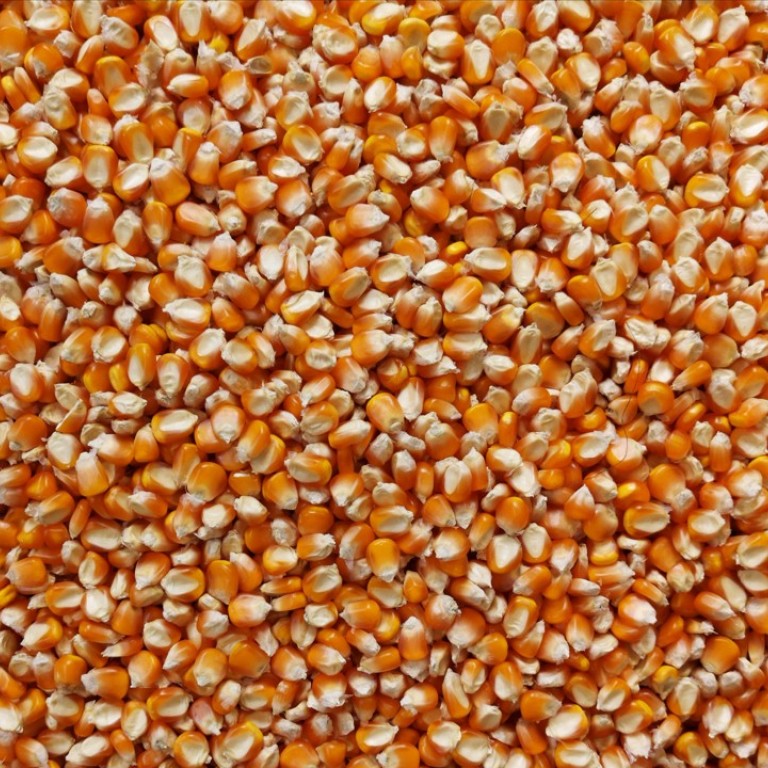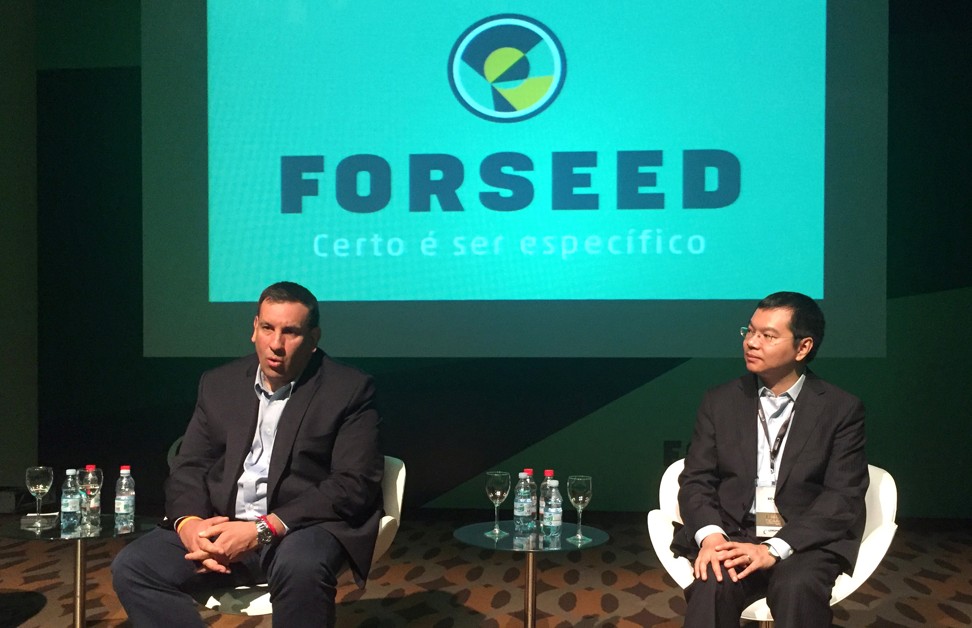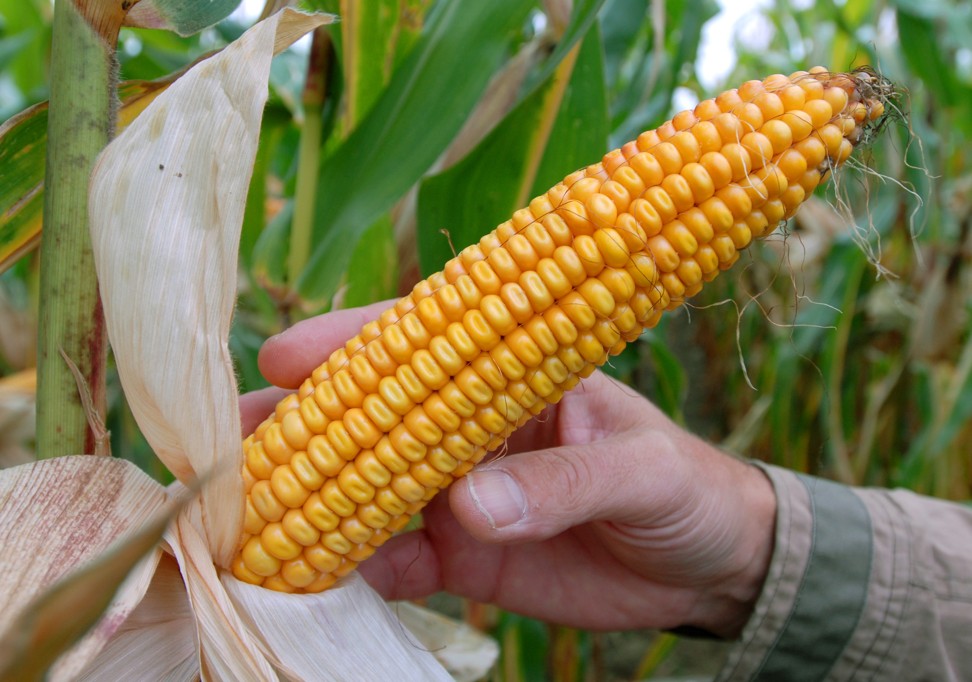
China’s Longping High-Tech Agriculture invests in Brazilian corn to grab a third of its corn seed market
Longping is investing heavily to grab a third of the country’s corn seed market, and says facing off against Monsanto in the soy seeds market will be next
Longping High-Tech Agriculture Co, an agricultural firm controlled by China conglomerate CITIC Group Corp, sees Brazil expanding corn output up to 5 per cent per year in coming years and is investing heavily to grab a third of the country’s corn seed market.
Longping, which bought its corn seed business from DowDuPont Inc in Brazil for US$1.1 billion last year, brought 400 people including partners, distributors and executives from Brazil’s largest co-operatives to a luxury resort in Campinas, Sao Paulo state, this week to lay out its plans for the country.
US-China talks may offer hope to farming, medical and tech firms
The company said it will start building new seed plants in Brazil next year to increase production capacity beyond its current four installations. The plan is to boost its share in a market worth 15 billion reais (US$4.02 billion) from 15 per cent currently to 30 per cent in five years.
The firm said a natural second step will be to enter the soy seeds business, which is dominated by US-based Monsanto Inc.

“You see the opportunity, you do the assessment, you calculate returns … we are open-minded, and the CITIC heads are very supportive,” Kevin Chen, who oversees Longping’s Brazilian projects, told reporters on Tuesday.
He declined to reveal specific cost estimates for Longping’s projects in the country but said that capital is not a problem. “We would put our whole weight into it, as long as there are opportunities,” he said.
Why Yubari melons fetch a record US$29,300 at Japan auction
Mozart Fogaça Jnr, Longping’s head of operations for Latin America, said the company has no doubts regarding the continuing expansion of corn and soy production in Brazil and has a long-term plan to benefit from it.
“The new ethanol plants will boost demand for corn in Brazil’s centre-west. And once logistics improves towards northern ports, soy and corn will continue to expand,” he said.

Brazilian producers in the nation’s key centre-west agricultural belt usually plant soy in the summer and corn right after the oilseed is harvested in a crop rotation system. “Soy brings corn together. If soy production expands, corn follows,” Fogaça said.
Along with the new factories, Longping plans to build research centres to improve its corn seeds and to start developing new soy and sorghum seeds, the executives said.
Who stands to gain most from the US-China trade truce?
Chen said Longping and parent company CITIC were not worried about current political and economic instability in Brazil: “We are here to stay a hundred years. We have confidence Brazilians will figure out solutions.”

